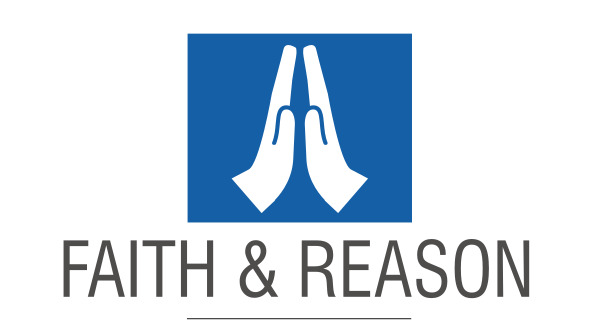
Every three years we have the privilege of choosing who will lead our country forward. Leaders share their visions of what life in Aotearoa New Zealand could be and promise to make these visions a reality in exchange for our vote. Christians often find it hard to know how to engage in politics. On one hand there is a widely accepted view that religion and politics do not mix. On the other hand, is the underlying desire of the Christian faith to see the world and all its people flourishing. So how should Christians engage with politics, especially at election time?
Voting can reflect our deeply held views about what is most important in life. We listen to the promises of each politician and consider how we will individually and collectively benefit from the policies. How well each set of promises strikes a chord with us will depend on how well the promises resonate with how we think the world should be.
The fact that there are so many options to vote for reminds us that there is not one single vision for what the world should be like. It hardly needs to be said that within the Christian community people vote in a variety of ways. Like the rest of the country, some Christians always vote Left. Some Christians always vote Right. Some Christians change their vote at each election, depending on the circumstances facing the country.
Our decision on how to vote is just one part of how we can seek to improve the world. Christianity does not prescribe how one should vote, nor the stance that should be taken on any particular issue. Christians are called to engage in a deeper sort of politics, the kind that looks beyond the opinion polls, election days and parliamentary debates.
Christianity calls for us to reflect on our use of power as individuals and communities. It is about how we use our personal resources and how we make decisions about life and about how we live in the world.
Sometimes it will call individual Christians and churches to repent of its past actions, as we seek to live in a way that leads to people and the planet thriving.
Jesus teaches that the world will only be made right when, in love, we lay down our own plans and desires. Before he began preaching, we are told that Jesus spent 40 days being tempted in the wilderness (Luke 4:1-13). The temptations were to create bread from the rocks to feed himself, to claim power over all the kingdoms of the earth, and to demonstrate his power in an undeniable way so the people would exalt him. Each temptation is political! They are each a temptation to use power and force to fulfil the promises of a good life. And they are temptations — because force, violence, spectacle, personal charisma, or majority can never bring a truly good outcome.
Instead, the life, death and resurrection of Jesus shows us a new way. Rather than utilising force to achieve his goals, Jesus demonstrates that good outcomes are achieved through love. In sharing meals with social outcasts, Jesus was making a political statement that exclusion was not acceptable. In healing and caring for both the Roman occupiers and the Jewish people, Jesus was making a political statement that all people are loved by God. In choosing to die rather than fighting, Jesus makes a political statement that self-giving love, not violence, will heal the wounds and divisions in our world.
All of us, Christian or otherwise, should appreciate the gift of democracy and cast our votes on October 14th. We should weigh up how the promises line up with our understanding of what is important in the world and vote accordingly.
On October 15 the sun will rise, one side will have gained a majority and will be getting ready to form a government. They will be jubilant and celebrating, while the other side will be licking their wounds and pondering what went wrong as they begin plotting a path to power at the next election.
The need for the healing power of love will remain, no matter which side wins the election. Power will remain a temptation, and love will remain a transformative option. We should get on with the work of deeper politics — the daily decisions where we reject the temptations of power and wealth and choose the way of love. For it is love that heals, and it is love that will change the world.
- Rev Ed Masters is the senior minister at the First Church of Otago.














